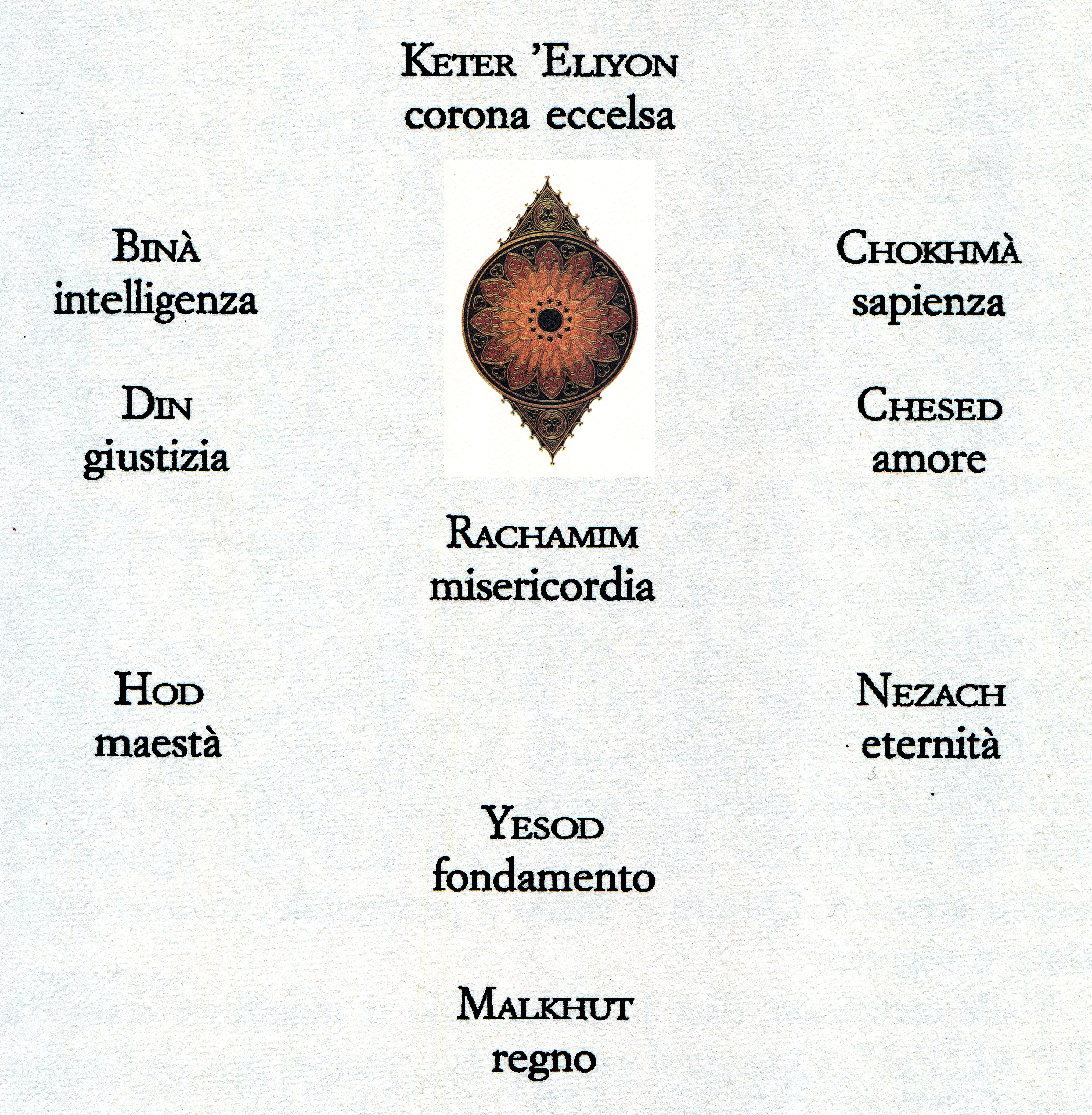Grazia, responsabilità e teurgia in alcuni testi kabbalistici
(Grace, Responsibility, and Theurgy in Some Kabbalistic Texts)
DOI:
https://doi.org/10.13135/2038-6788/9956Keywords:
Chesed (Grace), Mystics, Responsibility, Theosophy, TheurgyAbstract
The Talmudic and Kabbalistic dictates and precepts, accurately handed down in order to create a living connection between Divine and Human, are explored in the essay through the categories of theurgy (“esoteric rituality”), responsibility, and the mystic meaning of “Grace” (Chesed). By accepting even partially what has been passed down of the religious and cultural Hebrew world, the author follows Gershom Scholem’s invitation intentionally to risk ahistorical approaches and parallelisms and glances through the meanders of “esoteric rituality” from the Talmud to the medieval and modern Kabbalah. With due caution, the Kabbalah (literally, tradition, reception), is defined in the essay as a mystical and secret doctrine that began to circulate in the twelfth century, but whose presuppositions are in the esoteric movement germinated in Hebraism starting with the destruction of the second Temple. The author assumes that there is a persisting element of continuity enabling us to speak of a current of mystical and esoteric reflections and practices, open to few initiates according to rigorous phases and rites. By flowing from the supreme to the lowest spheres of reality, Divine Grace (Piety, Loyalty, Love) charges with an asymmetrical moral burden “the initiates,” who are then committed to act for the sake of the whole World. “Grace” and “exceeding responsibility” are Janus’ faces of the same ontological and moral order.


